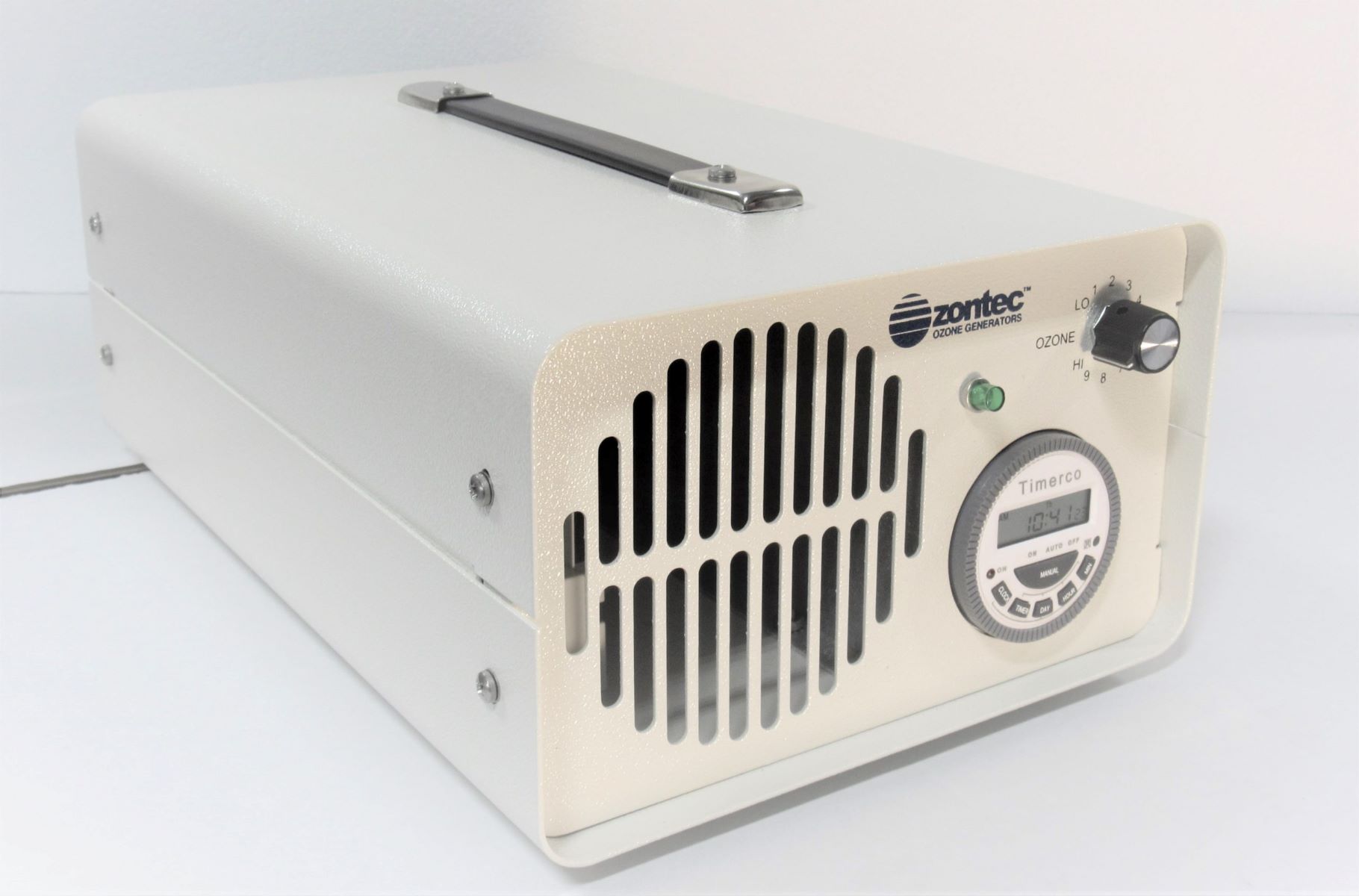Home>Language and Grammar>How To Say Goodbye In Korean


Language and Grammar
How To Say Goodbye In Korean
Published: March 5, 2024
Learn how to say goodbye in Korean with our comprehensive guide. Explore essential language and grammar tips for mastering Korean farewells. Start speaking Korean confidently today!
(Many of the links in this article redirect to a specific reviewed product. Your purchase of these products through affiliate links helps to generate commission for Regretless.com, at no extra cost. Learn more)
Table of Contents
Introduction
Saying goodbye is an essential part of human interaction, and in Korean culture, it holds significant importance. Whether bidding farewell to a friend, colleague, or family member, knowing how to say goodbye in Korean can foster meaningful connections and leave a positive impression. The Korean language offers various expressions and phrases for parting ways, each carrying its own nuances and levels of formality. Understanding these nuances can greatly enhance your communication skills and showcase your respect for Korean customs and traditions.
In this article, we will delve into the diverse ways to bid farewell in Korean, ranging from formal and polite expressions to casual and friendly farewells. By mastering these phrases, you can navigate social interactions with confidence and convey your sincerity when parting ways with others. Additionally, we will explore alternative ways to say goodbye in Korean, providing you with a comprehensive understanding of the language's rich farewell vocabulary.
Whether you are planning a trip to South Korea, engaging with Korean-speaking individuals, or simply seeking to expand your linguistic repertoire, learning how to say goodbye in Korean is a valuable skill. By immersing yourself in the art of bidding farewell in Korean, you can forge deeper connections and leave a lasting impression with your gracious and respectful demeanor. Let's embark on this linguistic journey and discover the art of saying goodbye in Korean!
Basic Phrases for Saying Goodbye
When it comes to bidding farewell in Korean, mastering the basic phrases is the first step toward effective communication. These fundamental expressions are versatile and can be used in various social settings, allowing you to convey your well-wishes with sincerity and warmth.
-
Annyeong (안녕) – This is the most common and casual way to say goodbye in Korean. It can be used in both formal and informal situations, making it a versatile phrase for parting ways with friends, family, or acquaintances.
-
Annyeonghi gaseyo (안녕히 가세요) – When addressing someone who is leaving, this phrase is used to bid them farewell in a polite and respectful manner. It is commonly used when seeing off guests, colleagues, or individuals of higher status.
-
Annyeonghi kyeseyo (안녕히 계세요) – This phrase is used when the person you are bidding farewell to is staying or remaining in a particular place. It conveys the sentiment of "stay well" and is often used when leaving someone at their home or workplace.
-
Jal ga (잘 가) – Similar to "Annyeong," this phrase is a casual way to say goodbye to someone who is leaving. It is commonly used among friends and peers, reflecting a friendly and informal tone.
-
Jal jayo (잘 자요) – When parting ways in the evening or at night, this phrase is used to wish someone a good night. It is a thoughtful and considerate way to bid farewell, expressing care and concern for the other person's well-being.
By familiarizing yourself with these basic phrases for saying goodbye in Korean, you can navigate social interactions with ease and grace. Whether you are engaging in casual conversations or formal settings, incorporating these expressions into your communication repertoire will enable you to leave a positive and respectful impression on those around you.
Formal Goodbyes
In Korean culture, demonstrating respect and courtesy is paramount, especially in formal settings. When bidding farewell in a formal context, it is essential to use appropriate language and expressions to convey politeness and consideration. Whether you are parting ways with colleagues, superiors, or individuals you have just met, employing formal goodbye phrases reflects your adherence to traditional Korean etiquette.
One of the most commonly used formal goodbye phrases in Korean is "Annyeonghi gaseyo" (안녕히 가세요). This expression is employed when addressing someone who is leaving, and it encapsulates a sense of respect and well-wishing. Whether it is a business meeting, a formal gathering, or a professional setting, using "Annyeonghi gaseyo" demonstrates your courteous demeanor and leaves a positive impression on others.
Another formal farewell phrase that embodies politeness and consideration is "Annyeonghi kyeseyo" (안녕히 계세요). This expression is utilized when bidding farewell to someone who is staying or remaining in a particular place. It conveys the sentiment of "stay well" and is often used when leaving someone at their home, workplace, or any other location where they will continue to be present. By using "Annyeonghi kyeseyo," you express your respect for the individual's presence and wish them well in their ongoing endeavors.
In formal settings, it is also customary to use honorific language and titles when saying goodbye to individuals of higher status or seniority. Addressing someone with the appropriate honorifics, such as "님 (nim)" after their name, adds an extra layer of respect and formality to your farewell. This attention to detail showcases your understanding of Korean social hierarchy and your commitment to observing traditional customs.
By incorporating these formal goodbye phrases and employing honorific language, you can navigate formal interactions with grace and consideration. Whether you are engaging in professional environments, official gatherings, or ceremonial occasions, mastering the art of formal goodbyes in Korean allows you to convey your respect and uphold the cultural values of politeness and deference.
In summary, mastering formal goodbye phrases in Korean is essential for demonstrating respect and courtesy in formal settings. By utilizing appropriate language, honorifics, and expressions, you can leave a lasting impression of professionalism and consideration when bidding farewell in Korean formal contexts.
Informal Goodbyes
In informal settings, such as interactions with friends, family members, or peers, the tone of farewells in Korean tends to be more casual and friendly. Utilizing informal goodbye phrases allows for a relaxed and warm exchange, reflecting the close relationships and camaraderie shared among individuals. Understanding and incorporating these informal expressions is essential for seamlessly navigating casual social interactions and fostering a sense of camaraderie and closeness.
One of the most commonly used informal goodbye phrases in Korean is "Jal ga" (잘 가), which translates to "goodbye" or "take care." This casual expression is often used among friends and peers when parting ways, reflecting a friendly and informal tone. Its simplicity and warmth make it a versatile phrase for expressing well-wishes in various informal settings, from casual hangouts to everyday encounters.
Another informal farewell phrase that resonates with familiarity and warmth is "Jal jayo" (잘 자요), which translates to "good night." This phrase is commonly used when bidding farewell in the evening or at night, conveying a sense of care and consideration for the other person's well-being. Whether saying goodnight to family members or close friends, incorporating "Jal jayo" into your farewells adds a thoughtful and affectionate touch to the interaction.
In informal settings, it is also common to use affectionate and endearing expressions when saying goodbye to loved ones or close acquaintances. Phrases such as "Annyeong" (안녕) and "Annyeonghi kyeseyo" (안녕히 계세요) can be employed in a more relaxed and familiar manner, further emphasizing the bond and intimacy shared with the individual being bid farewell.
By embracing informal goodbye phrases and infusing warmth and familiarity into your farewells, you can strengthen your connections and convey genuine care for those around you. Whether engaging in casual gatherings, social outings, or personal interactions, mastering the art of informal goodbyes in Korean allows you to express your affection and camaraderie with sincerity and warmth.
In summary, incorporating informal goodbye phrases into your interactions enables you to foster a sense of closeness and warmth in casual settings. By embracing the casual and friendly tone of informal farewells, you can enrich your relationships and create lasting connections based on genuine care and camaraderie.
Other Ways to Say Goodbye in Korean
In addition to the basic, formal, and informal goodbye phrases, the Korean language offers a rich array of alternative expressions for bidding farewell. These diverse ways to say goodbye in Korean provide nuanced variations in tone, formality, and context, allowing individuals to tailor their farewells to specific situations and relationships.
One alternative way to say goodbye in Korean is by using the phrase "Annyeong annyeong" (안녕 안녕), which translates to "bye bye." This lighthearted and playful expression is commonly used among friends and close acquaintances, adding a touch of warmth and affection to the farewell. Its casual and familiar tone makes it ideal for informal settings, where a sense of camaraderie and closeness is cherished.
Another versatile phrase for bidding farewell in Korean is "Annyeonghaseyo" (안녕하세요), which is often used as a polite and formal greeting. When employed as a farewell, "Annyeonghaseyo" conveys a sense of respect and politeness, making it suitable for professional or unfamiliar settings. Its adaptability allows individuals to maintain a courteous demeanor while parting ways with others, regardless of the context.
For a more affectionate and intimate farewell, individuals can use the expression "Annyeonghi jumuseyo" (안녕히 주무세요), which translates to "sleep well." This heartfelt phrase is commonly used when bidding goodnight to loved ones, family members, or close friends, expressing genuine care and concern for their rest and well-being. By incorporating "Annyeonghi jumuseyo" into their farewells, individuals can convey warmth and affection in their parting words, strengthening their bonds with those they hold dear.
Additionally, the phrase "Annyeonghi kaseyo" (안녕히 가세요) can be used to bid farewell to someone who is leaving for a trip or journey. This expression encapsulates well-wishes for a safe and pleasant journey, reflecting a thoughtful and considerate sentiment. Whether seeing off a traveler or wishing someone a safe commute, "Annyeonghi kaseyo" allows individuals to convey their care and concern for the other person's travels.
By exploring these alternative ways to say goodbye in Korean, individuals can expand their repertoire of farewell expressions and tailor their farewells to reflect the specific nuances of each interaction. Whether seeking to convey warmth, respect, affection, or well-wishes, the diverse array of Korean goodbye phrases offers a nuanced and expressive language for bidding farewell in various social and cultural contexts.
Conclusion
Mastering the art of saying goodbye in Korean is not merely a linguistic endeavor; it is a reflection of respect, warmth, and cultural understanding. By delving into the diverse repertoire of farewell expressions in Korean, individuals can navigate social interactions with grace, consideration, and sincerity. From the basic phrases that form the foundation of casual and formal farewells to the nuanced alternative expressions that convey specific sentiments, the Korean language offers a rich tapestry of ways to bid adieu.
Understanding the significance of formal and informal goodbye phrases allows individuals to tailor their farewells to specific social contexts, demonstrating their respect for traditional customs and their ability to foster genuine connections. Whether parting ways with colleagues, friends, or family members, employing the appropriate farewell expressions showcases an individual's attentiveness to cultural nuances and their commitment to conveying well-wishes with authenticity.
Furthermore, the incorporation of honorific language and titles in formal farewells reflects an individual's adherence to hierarchical norms and their dedication to upholding respectful communication. By utilizing honorifics and formal expressions, individuals can leave a lasting impression of professionalism and consideration in formal settings, fostering positive and harmonious interactions.
In informal settings, the warmth and familiarity infused into casual goodbye phrases create an atmosphere of closeness and camaraderie, strengthening personal connections and conveying genuine care for those being bid farewell. Embracing the casual and friendly tone of informal farewells allows individuals to enrich their relationships and create lasting connections based on sincerity and warmth.
Moreover, the exploration of alternative ways to say goodbye in Korean provides individuals with a nuanced and expressive language for bidding farewell in various social and cultural contexts. Whether seeking to convey warmth, respect, affection, or well-wishes, the diverse array of Korean goodbye phrases offers a versatile and heartfelt means of expressing genuine sentiments.
In conclusion, the art of saying goodbye in Korean transcends linguistic proficiency; it embodies a deep appreciation for cultural traditions, interpersonal dynamics, and the power of sincere communication. By embracing the nuances of Korean farewell expressions, individuals can leave a lasting impression of respect, warmth, and genuine care, fostering meaningful connections and enriching their interactions with others.














